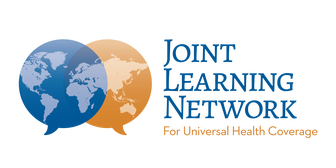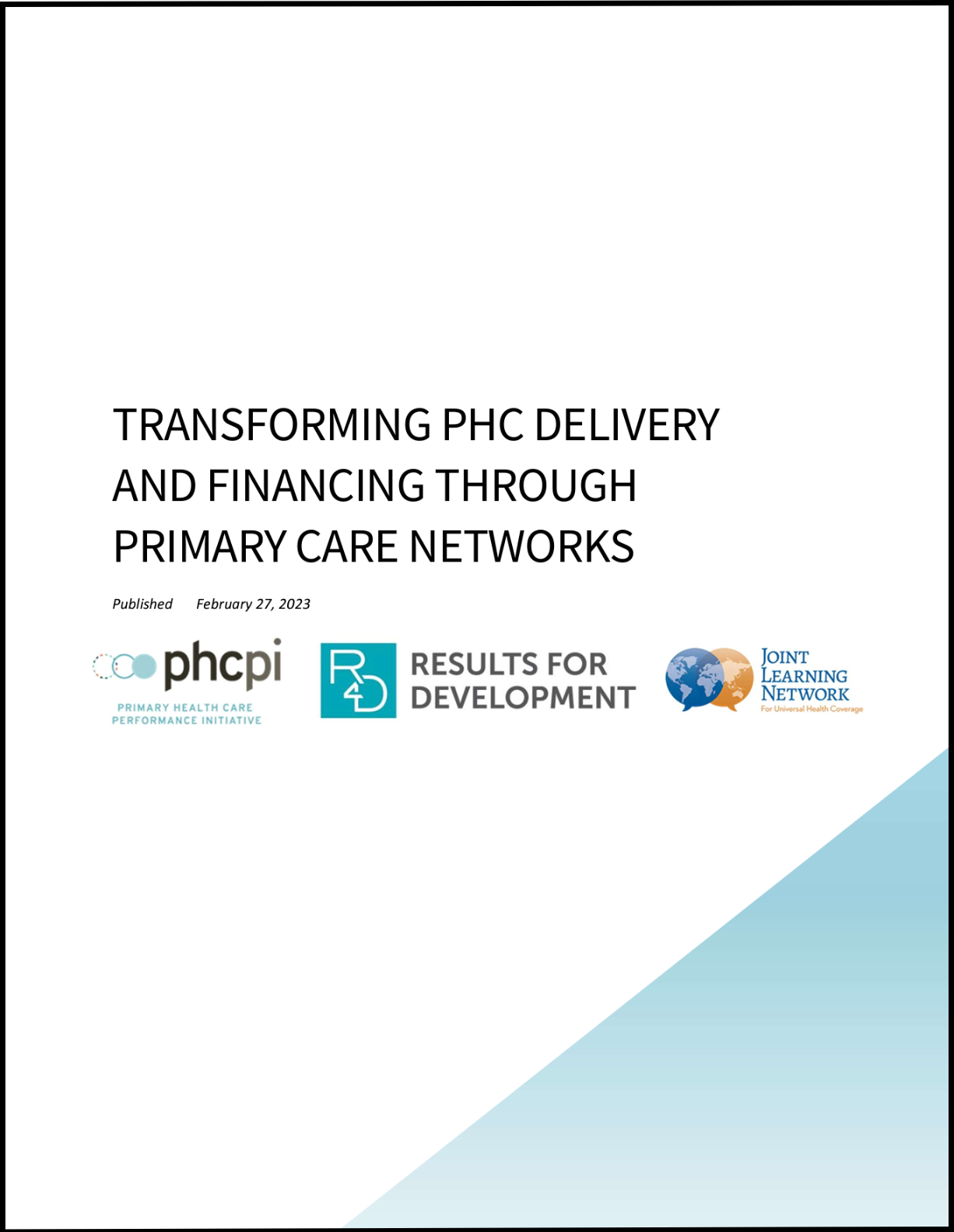Transforming PHC Delivery and Financing Through Primary Care Networks
This learning brief highlights the process for developing this learning community and some of the key learnings on how to successfully implement PCNs. Furthermore, it provides key recommendations for country policymakers, practitioners, and development partners based on lessons from the PHCPI COP.
Latest News & Events
Introducing a learning collaborative on how to establish government-led contracting for TB- and other health-related services
Authors: William Wells; Jacob Hughes, Denise Silfverberg, Sara Wilhelmsen, James Soki, Rahul S Reddy Kadarpeta Accelerating progress towards the health-related Sustainable Development Goals (SDGs) requires concerted efforts by all health systems stakeholders. Country...
Celebrating Women Leaders Inspiring Contribution Towards Advancing Universal Health Coverage
Authors: Isha Sharma, Rahul S Reddy Kadarpeta and Jane Nyambura Leadership by women at all levels of the health system has played a pivotal role in advancing universal health coverage worldwide. Women leaders have pioneered the art of embracing collaboration and...
Empowering Policy Reform through Shared Wisdom Beyond Borders: Kenya’s JLN Experience
Authors: Isabella Maina, Rahul S Reddy Kadarpeta, and James Soki Joint Learning Network for Universal Health Coverage - JLN’s 14-year odyssey stands as a remarkable testament, fueled by the compelling narratives exchanged among fervent policymakers and practitioners...

